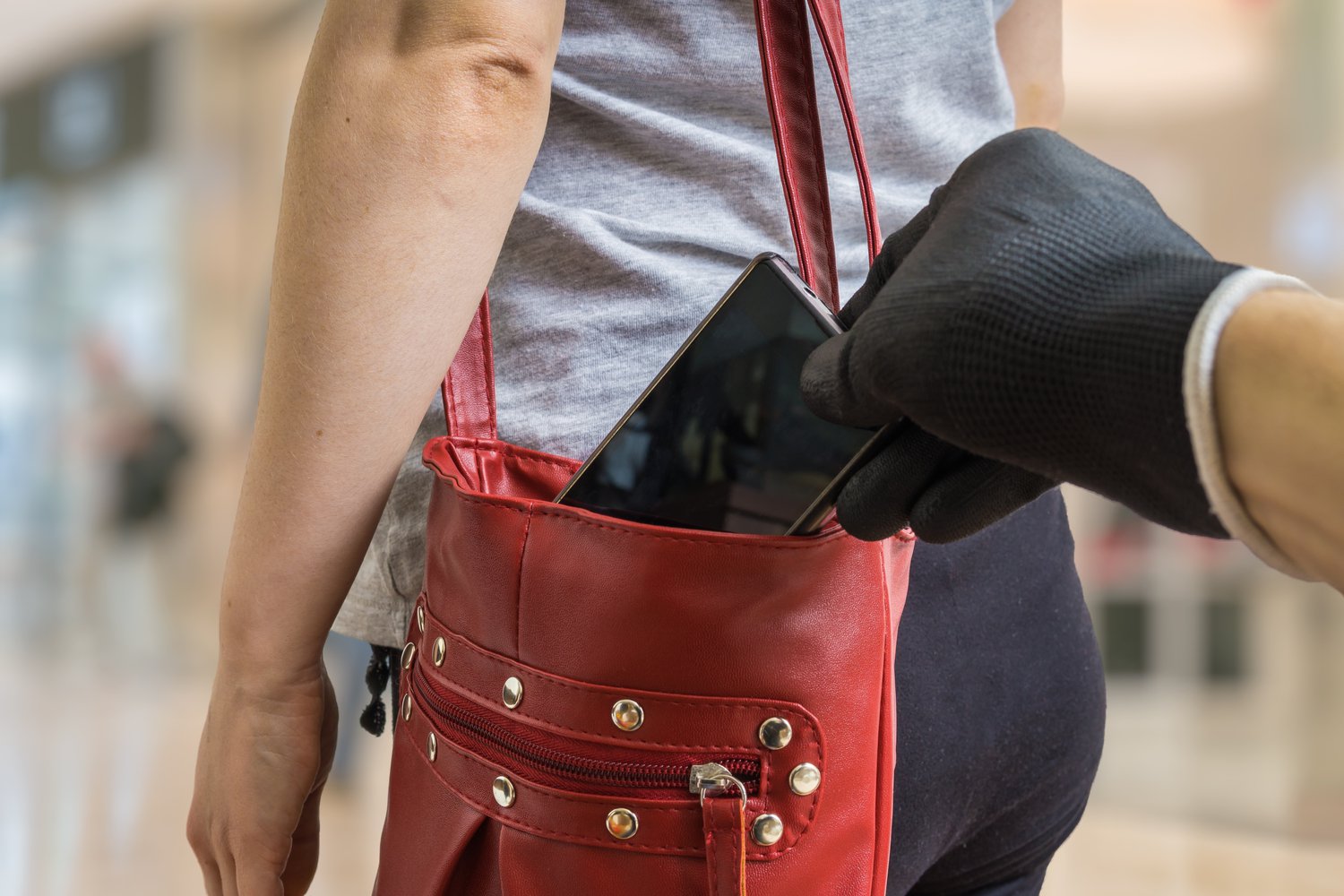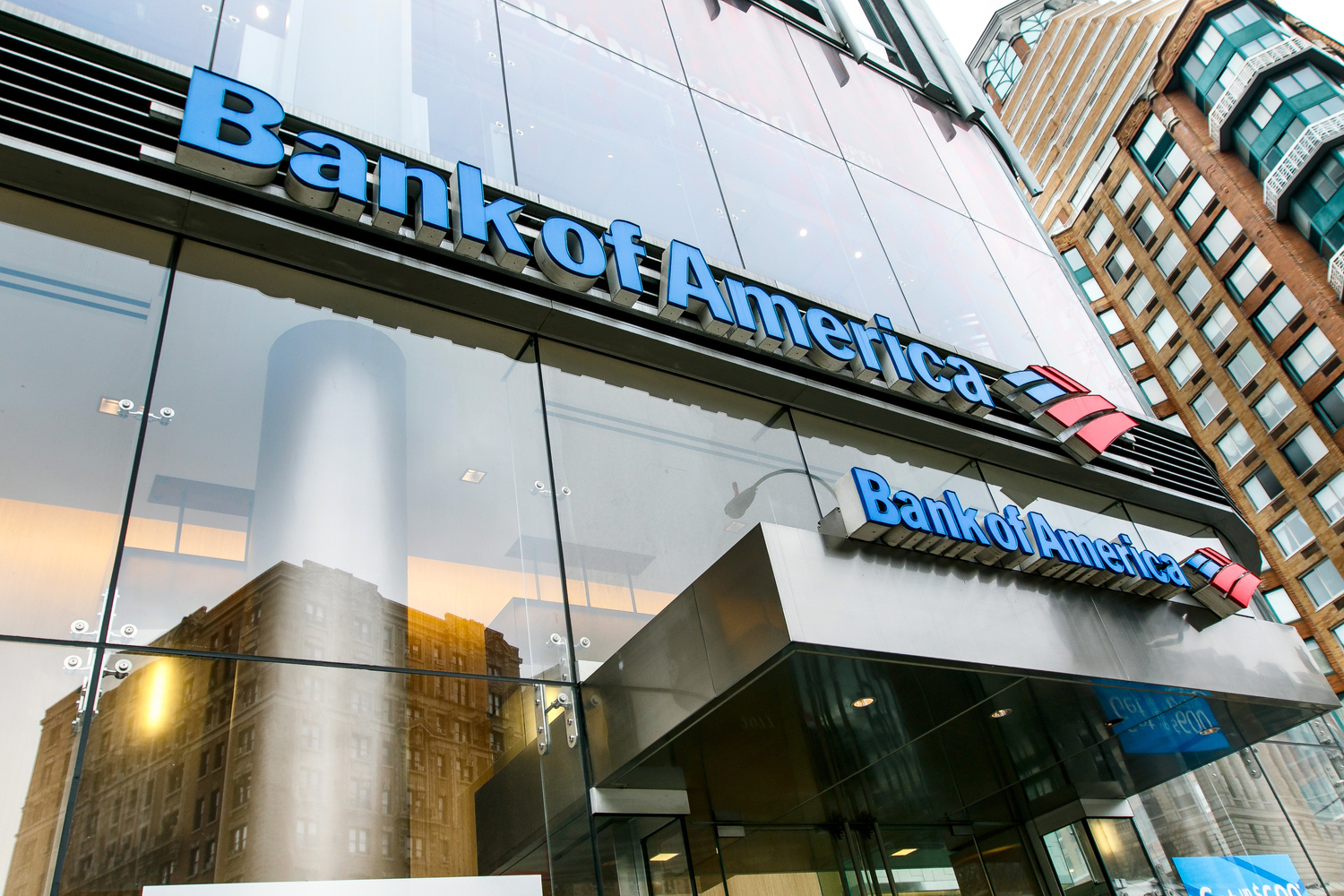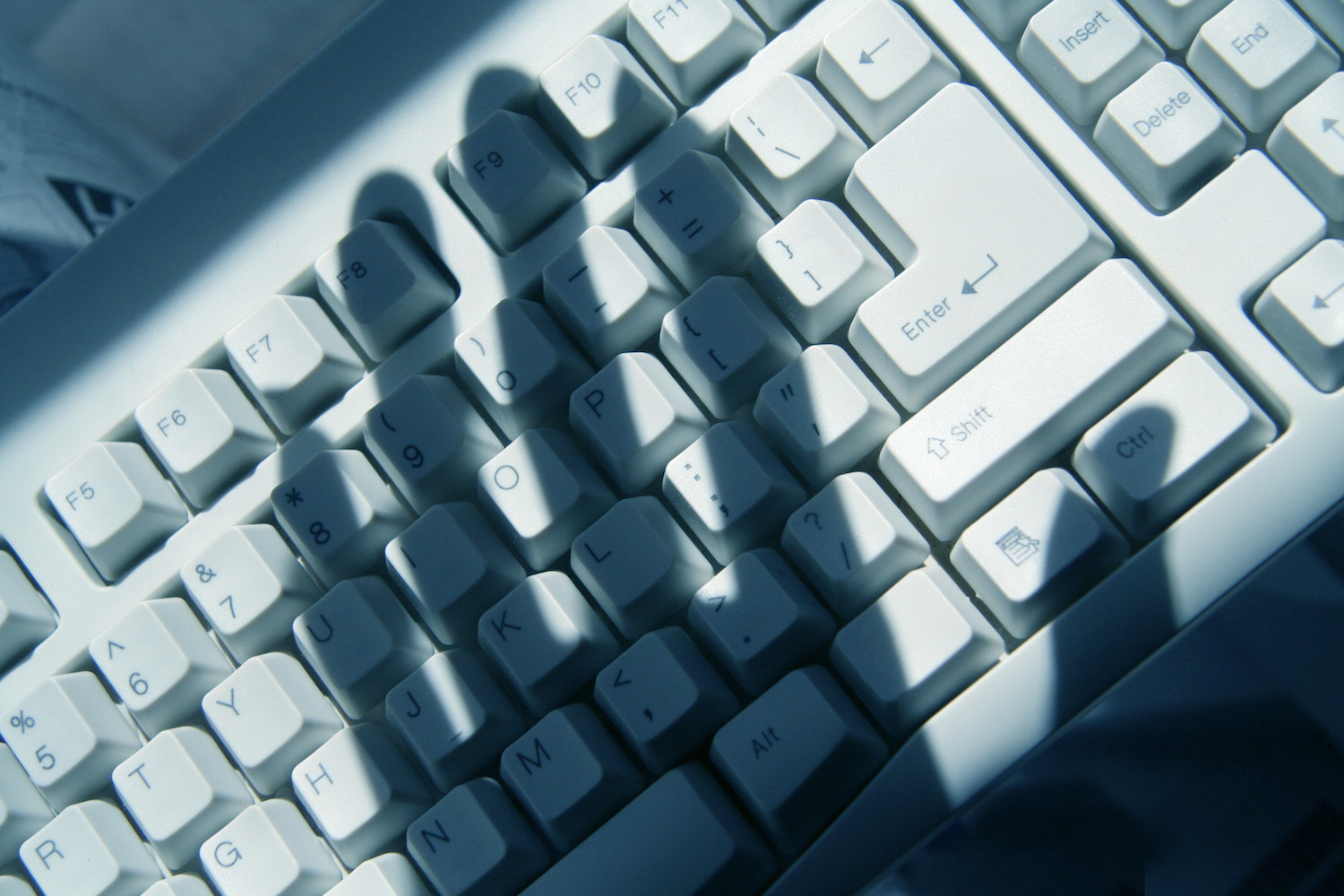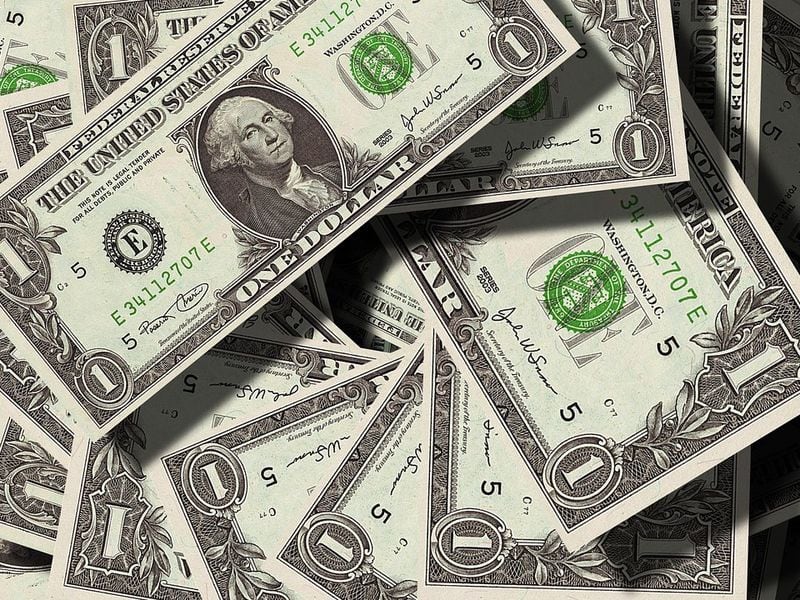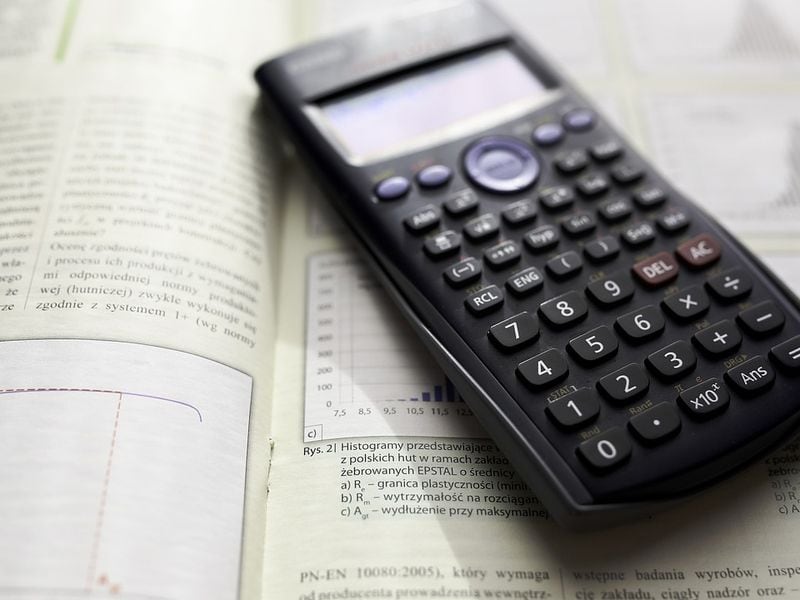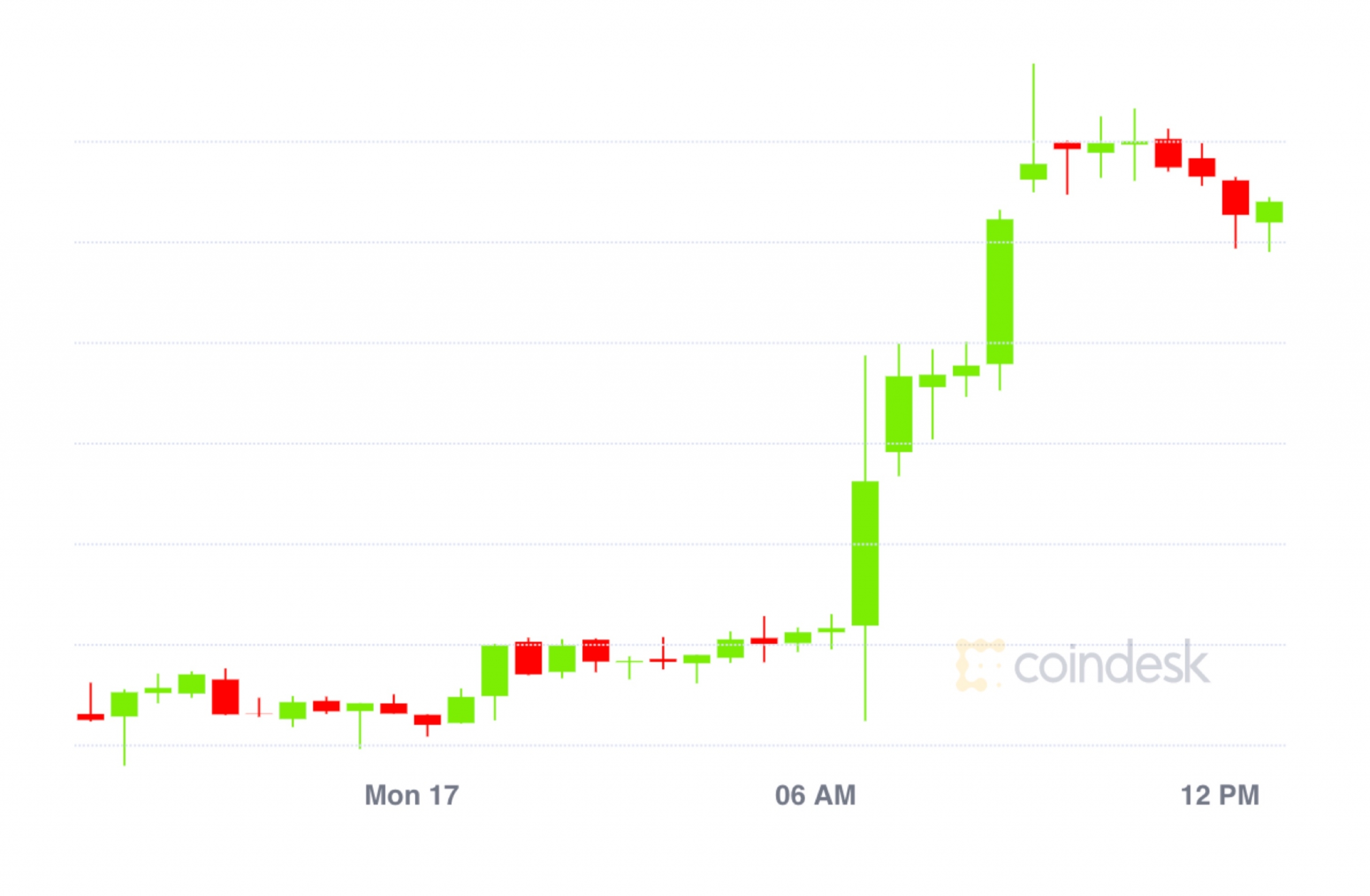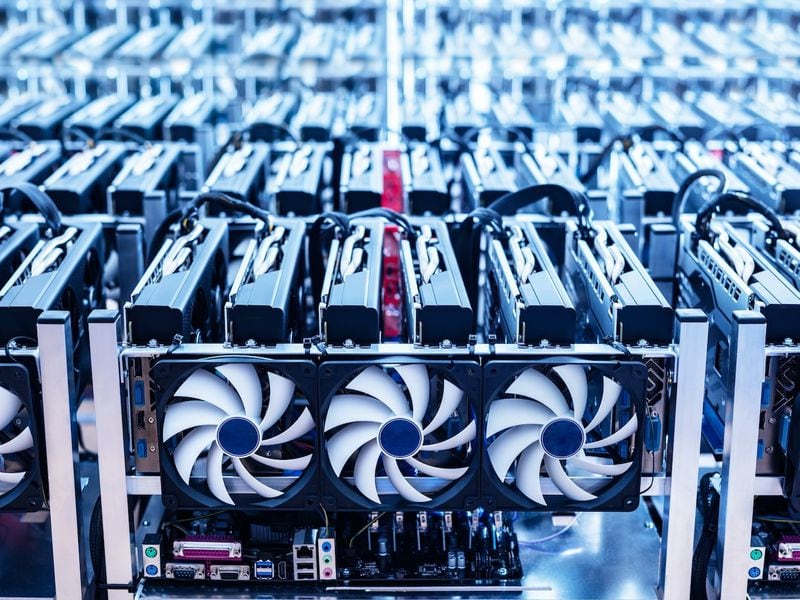Did RFK Jr. Really ‘Drop Out’? Polymarket Bettors Argue Over Contract Resolution
This week in prediction markets…
-
Did RFK Jr. really drop out?
-
How long will Telegram’s Pavel Durov be in detention?
-
Mpox won’t be a pandemic this year, bettors say
As last week came to a close, Robert F. Kennedy Jr. said he was putting his presidential campaign on pause and endorsed Donald Trump, arguing that there was no realistic path to victory given the “systematic censorship and media control” he was up against.
But did he really drop out?
That’s the subject of the latest argument Polymarket bettors are having on the site’s comment section and Discord server, with one faction trying to overrule UMA, a decentralized oracle service that mediates disputes.
Candidates at all levels rarely terminate their campaigns. Instead, they suspend them. This is a practice as old as time. Why? Because they can still receive donations.
A suspended campaign can still receive donations because, under Federal Election Commission (FEC) rules, suspending a campaign doesn’t mean it’s legally terminated. Often, candidates will need to pay down debts, like Rick Santorum in 2012, who suspended his campaign because of exhausted funds but kept the infrastructure in place to fundraise to pay off the debt.
It should be noted that Kennedy’s campaign is also flirting with insolvency after it paid back $1 million to his running mate, who was a steady financier of the whole operation.
And, of course, suspension doesn’t mean the campaign is over. There are 23 states where Kennedy is still on the ballot. Remember when John McCain suspended his 2008 campaign to address the financial crisis but later revived it to continue running for president?
Kennedy doing that is a long shot, but at one time so was the possibility of Joe Biden dropping out.
The real issue here is the wording of the Polymarket contract, which asked about a “withdrawal” instead of a suspension.
Telegram’s Pavel Durov will probably not be released this month
Telegram CEO Pavel Durov was arrested in France over the weekend. The reason given for the arrest is Telegram’s moderation policy. Authorities in the country say that the messaging platform’s soft touch on moderation makes it, and the CEO, legally complicit in all kinds of nasty stuff that was planned or published on it.
Telegram, for its part, says its moderation practices were in line with industry norms.
Durov will be looking at the inside of a jail cell for the immediate future, bettors on Polymarket say. On Monday morning in New York, “yes” shares for the contract asking if he’ll be released by Aug. 31 were trading at 37 cents, meaning the market sees only a 37% chance of it happening.
Each share pays out $1 in USDC, a stablecoin, or cryptocurrency that usually trades 1:1 for dollars, if the prediction comes true, and zero if not. The bets are written into smart contracts, or software programs, on the Polygon blockchain.
Bettors are likely factoring in the possibility that Durov, an immensely wealthy man, would have plenty of means to escape French territory and make his way back to the United Arab Emirates, of which he is a citizen.
The UAE does not extradite its own citizens, as the country’s law strictly forbids it (non-citizens are up for grabs, as the UAE recently sent an Italian businessman home after Rome requested it).
Binance’s Changpeng Zhao, a citizen of the UAE and Canada, was called a flight risk for this very reason even though he appeared in the U.S. voluntarily.
It might be that Durov is set for an extended stay.
No mpox pandemic
Mpox, the virus formerly known as monkeypox, was declared a global health emergency by the World Health Organization on Aug. 14. Bettors on Kalshi, a U.S.-regulated prediction market platform, are confident it will end there.
For those who don’t remember the terminology that defined the first few months of 2020: the WHO defines a health emergency as a situation that poses a significant risk to public health and requires immediate action, while a pandemic is a global outbreak of a disease affecting a large number of people across multiple countries or continents.
Bettors on Kalshi are pricing in just a 13% chance that the health emergency moves to be a pandemic by the end of the year.
Meanwhile, on Polymarket, bettors are skeptical that a confirmed case will hit U.S. shores by Sept. 30, giving it only a 38% chance of happening.
The market could be digesting the medical consensus that mpox is not Covid. While a new variant is spreading through Africa, experts say it is less of a concern because it spreads slowly through close physical contact, making widespread transmission unlikely, unlike the airborne Covid.
Plus, there’s already a vaccine available for “at-risk” populations in the U.S., and it’s being rolled out across Europe.
Bettors have also ruled out a lab leak as the cause of the latest mpox outbreak, giving it only a 5% chance of this explanation being confirmed by officials.
For most of the early days of the Covid pandemic, the lab leak hypothesis of that virus’ origin was dismissed as a fringe conspiracy theory. But the Overton window widened and now even the New York Times entertains op-eds that say Covid probably escaped from a lab.
Edited by Marc Hochstein.
Disclosure
Please note that our
privacy policy,
terms of use,
cookies,
and
do not sell my personal information
has been updated
.
CoinDesk is an
award-winning
media outlet that covers the cryptocurrency industry. Its journalists abide by a
strict set of editorial policies.
In November 2023
, CoinDesk was acquired
by the Bullish group, owner of
Bullish,
a regulated, digital assets exchange. The Bullish group is majority-owned by
Block.one; both companies have
interests
in a variety of blockchain and digital asset businesses and significant holdings of digital assets, including bitcoin.
CoinDesk operates as an independent subsidiary with an editorial committee to protect journalistic independence. CoinDesk employees, including journalists, may receive options in the Bullish group as part of their compensation.
:format(jpg)/s3.amazonaws.com/arc-authors/coindesk/ff7c302f-d3ab-4905-92e1-2f7f5106d13c.png)

